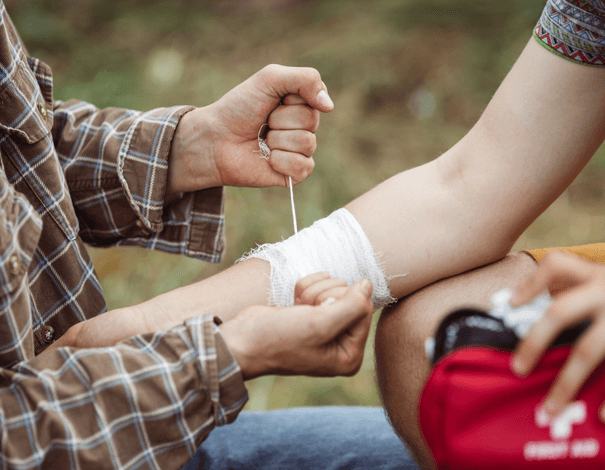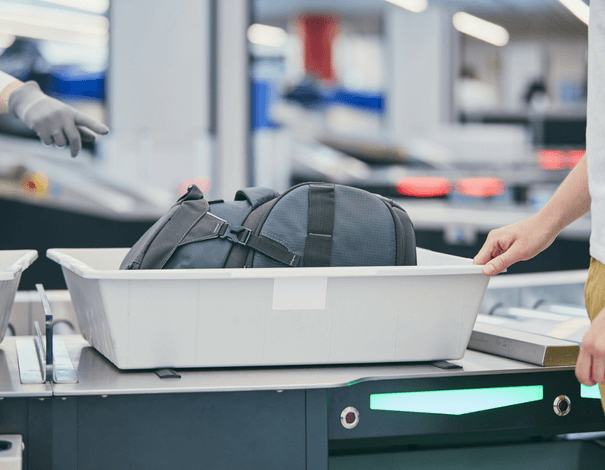Hepatitis A and Hepatitis B Prevention
Hepatitis is an infectious disease affecting the liver. Hepatitis A and Hepatitis B are the most common forms of the disease. When travelling, Hepatitis can be contracted because certain health practices at destination may not be on par with Canadian standards.
Hepatitis A
Hepatitis A is a liver disease caused by the Hepatitis A virus (HAV) and is transmitted by eating food or drinking water that has been contaminated by the feces of an infected person.
There is no specific treatment for Hepatitis A as it is an acute infection and usually self-limiting. It does not result in permanent liver infection or damage. Prevention through vaccination and careful measures is essential to not contract HAV. Check with your pharmacy to find out the prevalence of Hepatitis A at your vacation destination.
To prevent contracting Hepatitis A while you are away, follow these recommendations:
- Schedule an appointment with your pharmacist 4-6 weeks before your trip to see if the Hepatitis A vaccine is recommended.
- Wash your hands regularly with soap and water, especially after using the bathroom and before eating.
- For drinking and brushing your teeth, only use bottled or treated water.
- Avoid getting water in your mouth when taking a shower.
- Avoid ice.
- Avoid eating fruits and vegetables that do not require peeling (lettuce, tomato or grapes) or with damaged skin. They might have been rinsed with contaminated water or handled with unwashed hands.
Hepatitis B
Hepatitis B is a liver disease caused by the Hepatitis B virus (HBV). The virus is transmitted through sexual contact and contact with contaminated blood, semen or other bodily fluids. Unlike Hepatitis A, Hepatitis B can become a chronic, lifelong condition if the virus does not leave the body.
Tips on how to protect yourself against Hepatitis B:
- Schedule an appointment with a pharmacy 4-6 weeks before your trip to see if the Hepatitis B vaccine is recommended.
- When having sex, use latex or polyurethane condoms. Avoid using lambskin condoms. If you cannot guarantee the quality of condoms in other countries, then bring your own from Canada. Don’t forget to verify the expiration date.
- If you undergo a procedure that could break the skin (e.g. spa manicure or getting a tattoo), make sure the tools are sanitized.
- Avoid sharing razors, nail clippers, toothbrushes, needles or medical products that may have been in contact with blood.
- Bring your own syringes for injecting medication in case you are in a country where health care standards are different than in Canada, or the supplies are questionable.
- If you assist an injured person, wear gloves.
Regardless of the destination, anyone who may engage in activities that place them at risk for infection during their travels should receive the vaccination.
For a full list of recommended or required travel vaccinations, check The Government of Canada Travel Advisories or consult your pharmacist. Your pharmacist can also give you advice about preventing other common diseases while travelling such as traveller’s diarrhea, Zika or malaria as well as help you prepare your travel health kit. You may even get vaccinated at the convenience of your pharmacy. You may even be vaccinated at the convenience of you pharmacy by your pharmacist. Ask your pharmacist today!
The pharmacy services presented in this section are offered by pharmacist owners who are affiliated with Proxim. The pharmacists are solely responsible for the professional activities carried out during the practice of pharmacy.
The information contained herein is provided for informational purposes only and is not intended to provide complete information on the subject matter or to replace the advice of a health professional. This information does not constitute medical consultation, diagnosis or opinion and should not be interpreted as such. Please consult your health care provider if you have any questions about your health, medications or treatment.




